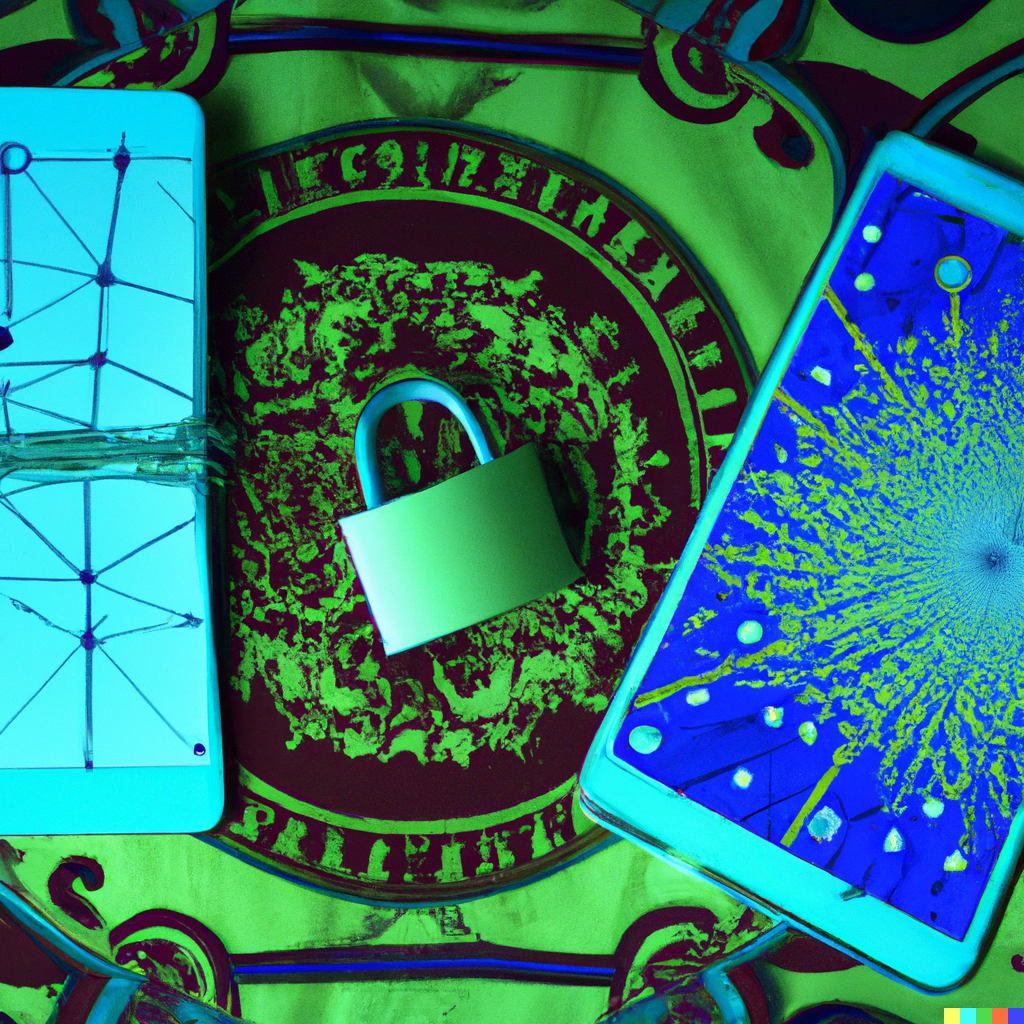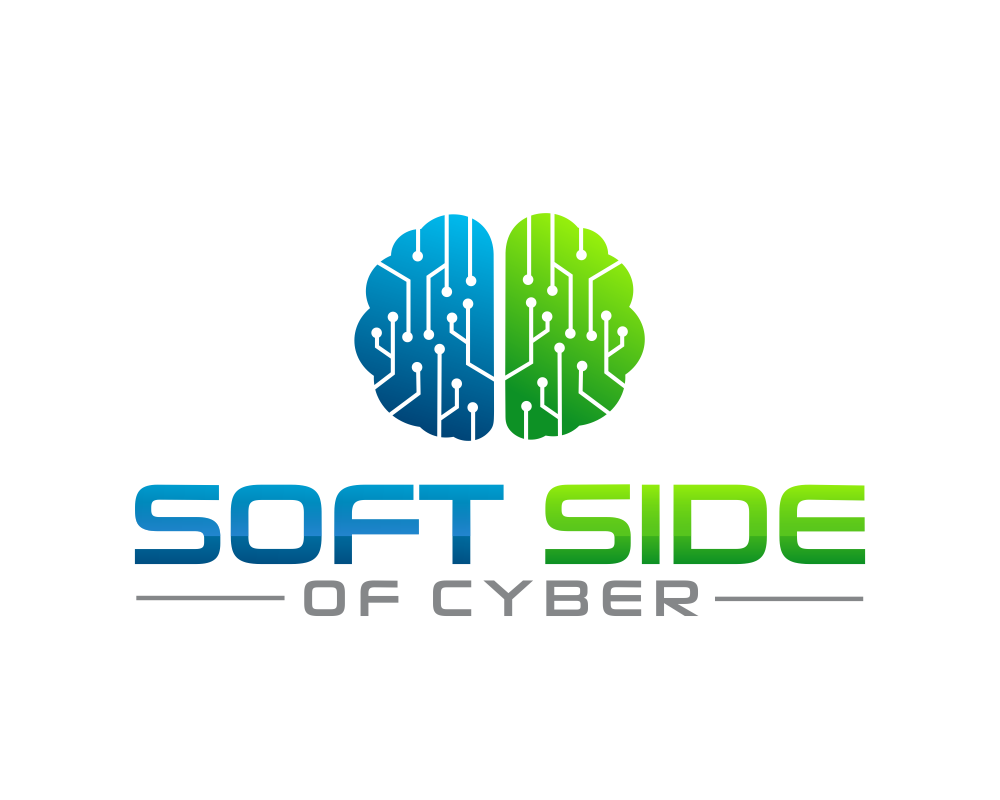
Bridging Tarot, Spirituality, and Cybersecurity
This article was a guest post from Caroline Wong.
It's uncommon to see the words cybersecurity and tarot used together. So I will ask you to consider that perhaps the intersection exists in the minds of cybersecurity practitioners.
Caroline, have you gone completely off the deep end? You used to write about topics like security metrics and application security. Now you're talking about tarot???
Hear me out. Let's talk about the experience of a cybersecurity practitioner.
In this blog post, I would like to explore the idea that there are some things that we can control and some that we cannot control.
There's quite a lot that we cannot control. The behavior of bad actors. The malicious attacks are launched against our software, organizations, and people. The unintentional errors that we make that our teams make, that the users of the software that we build make. We cannot control our stakeholders' opinions, decisions, and actions, including regulators, executives, developers, and vendor partners. We cannot control the size of our security budgets or the size of our security teams.
What, then, can we control? We control how we manage our time. We control how we manage our energy. We control our decisions and actions, and behaviors. We control our opinions. We control the way that we think about things. We control the way that we interact with others. We control what we say and what we do.
It's natural to get upset and stressed out about the things we cannot control. However, it's pretty challenging and requires a change in mindset to focus on and be laser-focused and intentional about what we can control.
As you go about your day, notice what affects your thoughts and feelings. Notice which things come from external elements outside of your control. Consider putting those aside. Notice which things come from inside of you that you have complete control over. Consider pulling those closer.
Cybersecurity is only decades old, but humans have been studying themselves for thousands of years. As a result, I think we as cybersecurity practitioners may have an opportunity to look inward and study ourselves differently and consider our significant control over ourselves, particularly our mindset. How do we perceive things? How do we feel about things? How do we think about things? I believe that each of us has a choice and agency in this area and that we can purposefully and intentionally evolve our mindset.
The archetypes expressed in the tarot are just one model for different ways of thinking and perceiving. If tarot's not your thing, you might find similar inspiration by flipping to a random page in writing by Plato, Marcus Aurelius, or Carl Jung. You might find grounding in Kabbalah texts, the Tibetan Book of Living and Dying, or the Christian Bible. Even various flavors of personality testing can be useful in this way — Meyers Briggs, Strengths Finder, Enneagram, etc.
What I love about the tarot is that I can be going about my day mindlessly, caught up in a stream of emotions and thoughts that are largely driven and influenced by things outside my control. Someone just doesn't get it. A business decision has been made that I don't get to backfill the person on my team who just left. Development managers are not prioritizing security vulnerability fixes. Incidents and fires are happening, and they need to be addressed. Projects are not getting done. I'm stressed out and exhausted.
Sometimes I take a moment, a couple of deep breaths, shuffle my tarot deck, and pull out a card. I breathe some more. I look at the cards and their imagery. I notice how I feel in response to how the card looks and what I understand about its traditional meaning. I ask myself -- at this moment, what can I learn? How might I be able to shift my mindset?
If you have a tarot card or oracle deck, I invite you to play with this exercise. If you do not, I invite you to email me at caroline@cobalt.io with "tarot" in the subject line, and I would be happy to pull a card for you and send you a photo.
There's so much outside of our control, but we always get to control our decisions, actions, and behaviors. We can also shift our mindsets. Let's explore and evolve.


